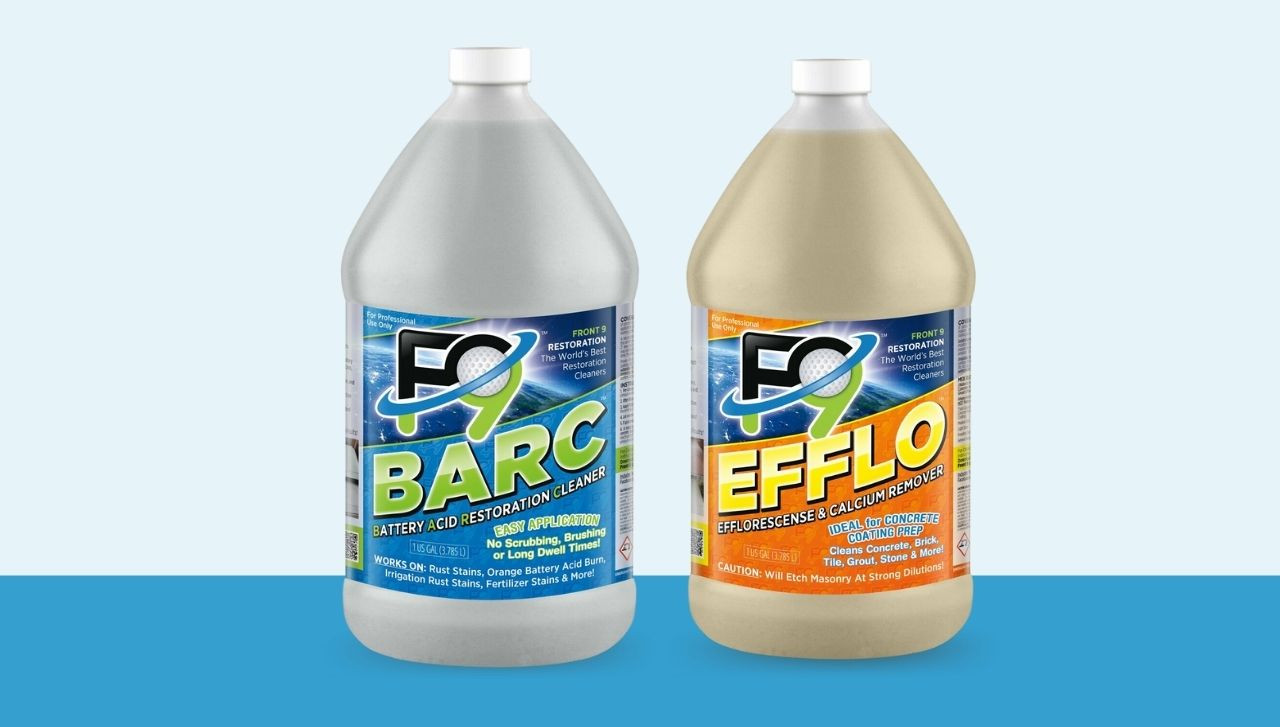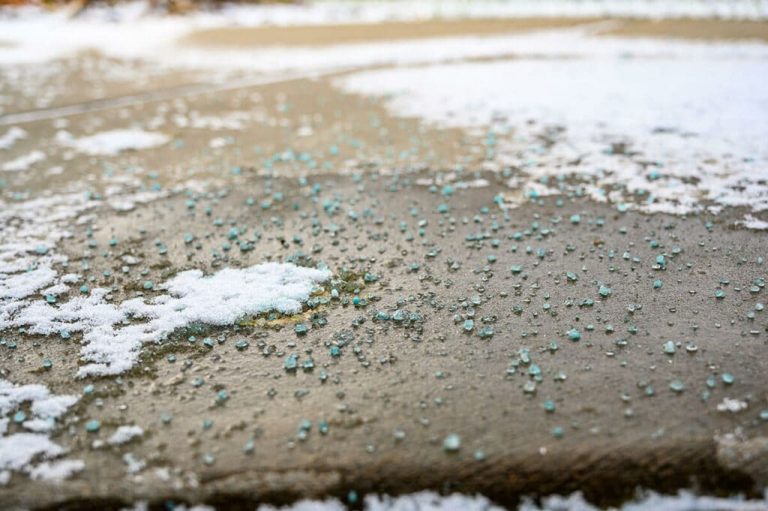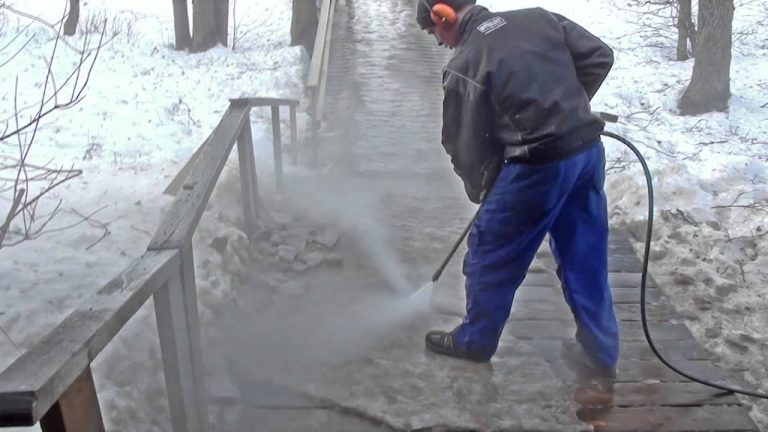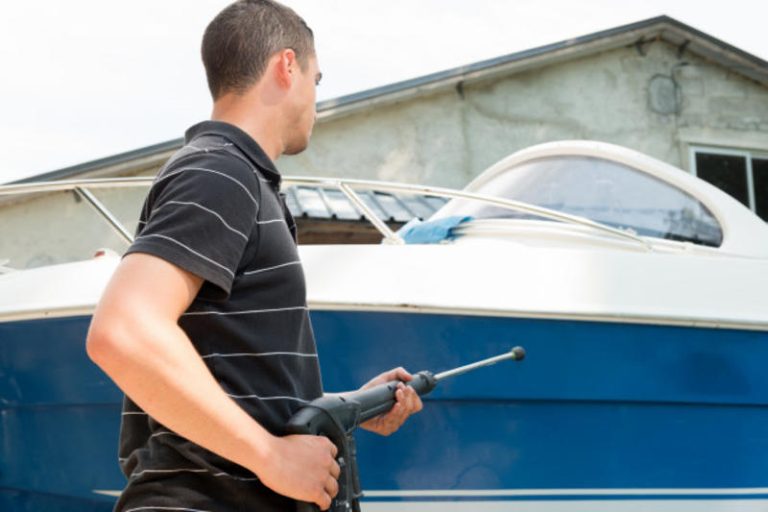
One of the most common questions from DIY power washers is: Can I just use water, or do I need chemicals? It’s a fair question—after all, high-pressure water alone is impressive. But in many cases, adding the right cleaning solution can turn a good job into a great one.
Let’s break down when you need chemicals, what types are available, and how to use them safely. 🧼
💪 When Water Alone Works
For light dirt, dust, or pollen, you can often get away with using just water. Rinsing off your deck furniture or driveway after a dusty season may not require more than pressure and time.
Power washers work by delivering force, and that force alone can dislodge surface-level grime. So if you’re doing routine maintenance or prepping for paint, you may not need chemicals at all.
🦠 When Chemicals Are Necessary
Certain kinds of stains and buildup just won’t budge with water alone. You’ll want to use cleaning agents when dealing with:
- Mold or mildew – These require active agents to kill the spores, not just move them around.
- Grease and oil – Especially on driveways or garage floors.
- Algae or moss – These cling to siding, fences, and roofs and need extra help to be removed safely.
- Deep stains – Rust, tannins, and stubborn discoloration often need targeted treatments.
🧪 Types of Cleaners
Here’s a quick breakdown of the most common cleaning solutions used in power washing:
- Detergents – For general cleaning on siding, decks, and furniture.
- Degreasers – Ideal for automotive stains and garage floors.
- Mold/mildew removers – Usually contain bleach or ammonia to sanitize.
- Eco-friendly cleaners – Biodegradable and safe for plants and pets. 🌱
💡 Be sure to match the cleaner to the surface you’re working on. Using the wrong formula could cause fading or staining.
⚠️ Safety and Environmental Concerns
Using chemicals adds risks:
- Always read the label. Some formulas require dilution.
- Wear safety gear. Gloves, goggles, and even a mask are smart precautions.
- Avoid runoff. Don’t let harsh cleaners drain into your garden, pond, or storm drain.
- Rinse thoroughly. Leaving chemicals to dry on surfaces can damage them or leave streaks.
🛠️ Application Tips
Most power washers come with a detergent tank or soap injector nozzle. Let the solution sit for 5–10 minutes before rinsing, and never let it dry on the surface.
Work in sections so you maintain control over how much chemical you’re using. And always rinse from top to bottom for the cleanest finish.
🌟 Bottom Line
You don’t always need chemicals—but when used correctly, they dramatically improve results. Whether it’s blasting grease off a driveway or killing mold on siding, a well-chosen cleaner saves time, effort, and frustration.
Clean smarter, not harder. 💧🧴✅
Browse Amazon Here For Top Rated Power Washers And Accessories






